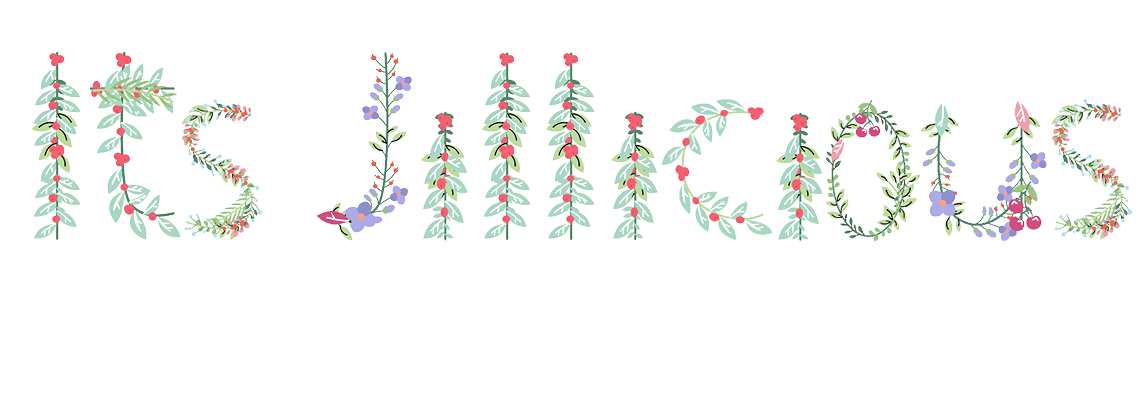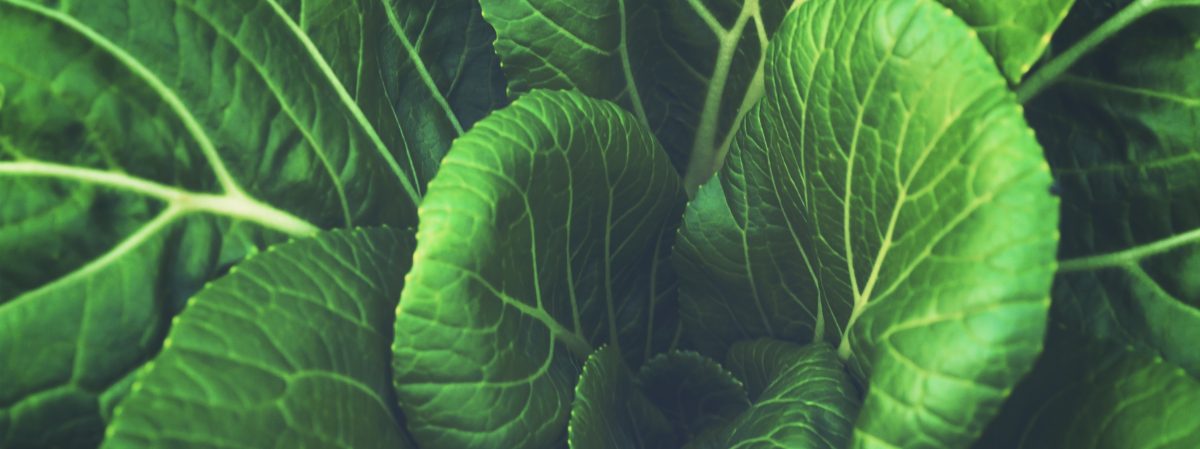Why Organic?
“ORGANIC” what’s the big deal? First lets start with ORGANIC and what it means. Layman’s terms: Anything labeled ORGANIC is grown without the use of harmful pesticides, synthetic fertilizers, genetically modified organisms (GMOs), or ionizing radiation. Basically, it doesn’t have Round up week killer all over it. And if its an animal, that means they eat feed that is non-GMO and or eat grass that is not sprayed with pesticides and they are not pumped full of antibiotics or artificial hormones.
My Experience with ORGANIC.
I had no clue what the word Organic meant until a read a book that one of my friends recommended (Skinny Bitch by Rory Freedman and Kim Barnouin). That book changed my LIFE. The book is a guide on how to make intelligent and educated decisions about what you put in and on your body. It really is an eye-opener. I suggest you read that book if you haven’t already. I always had a minor health condition that I couldn’t overcome. My mother told me the condition was hereditary because my Grandma had the same issue. UGH, Thanks a lot, Grandma! But, after learning that I could change my health with something as simple as changing my food, I thought I’d give Organic a try. I replaced all of my food with Organic. I went totally Vegan, I gave up eating animals, eggs, and dairy. And I did this in one day! The book suggested to slowly change your patterns, but I was desperate for change, so I quit cold turkey. (No pun intended 😉 Switching to Organic changed my life and my overall health 100%. After two weeks on my new diet, my so called hereditary health issues went away! I am no kidding. I was sold! I have kept my Organic lifestyle going for 9 years now. I’m not a Vegan anymore, now I am a Pescatarian (someone who doesn’t eat meat, but eats fish). I feed my family Organic everything. Especially, WHEAT, FRUITS, VEGETABLES AND MEATS. We live by the 80/20 rule. 80% Organic/20% not. ORGANIC is not just some fad. ORGANIC is how food used to be grown until we let big agriculture take over and spray everything with dangerous chemicals and scientist started developing genetically modified organisms (GMOs). Trust me, take the challenge. Go Organic for a month and see if you don’t see and feel a difference in yourself and your kids.
List of reasons why you should start buying ORGANIC.
- ORGANIC food is higher in Nutrients – With hundreds of studies and over 400 published papers on the research of organic vs. non-organic it is clear that ORGANIC crops are higher in essential minerals, phytonutrients (such as enzymes, antioxidants, bioflavonoids), and vitamin C. In a 2002 University of Missouri study, chemists were shocked to discover that the smaller organically grown oranges delivered 30 percent more vitamin C than the large conventionally grown ones. They also found that a serving of organic lettuce, spinach, carrots, potatoes, and cabbage provided the recommended daily intake of vitamin C but not so for the same veggies grown by conventional farming. Organically grown fruits and vegetables outpaced their conventional counterparts with as much as 27 % more vitamin C, 21.1 % more iron, 29.3 % more magnesium, 13.6 %more phosphorus, and 18 % more polyphenols. Polyphenols are a group of plant compounds such as bioflavonoids, flavanols, and pycnogenols. They are anti-inflammatory and have a wide range of health benefits, including protection against allergies, arthritis, heart disease, cancer and more. The organics also showed 15.1 percent fewer nitrates and heavy metals than the conventional foods. So, there you go. Try it for yourself. Organic really does taste better and it’s better for you.
- They are Free of NEUROTOXINS – Pesticides are a poison. Neurotoxin is a poison that acts on the nervous system. Pesticide is a substance used to destroy insects or organisms harmful to cultivated plants. Exposure to Pesticides can greatly impact humans even low levels can have great effects. A number of pesticides can cause neurotoxicity. Insecticides, which kill insects by targeting their nervous system, have neurotoxic effect in mammals as well. Pesticides have been linked to a wide variety of health issues including: headaches, nausea, infertility, cancer, Parkinson’s disease, leukemia, non-Hodgkins lymphoma, brain, bone, breast, ovarian, prostate, testicular and liver cancers. and endocrine disruption.
- Eating organic may reduce your cancer risk. The US Environmental Protection Agency (EPA) considers 60% of herbicides, 90% of fungicides, and 30 percent of insecticides potentially cancer-causing. It is reasonable to think that the rapidly increasing rates of cancer are at least partly linked to the use of these carcinogenic pesticides. So, there you go. With 1,685,210 new cancer cases diagnosed and 595,690 cancer deaths in the US. It doesn’t take a deep thinker to realize something is rapidly causing cancer in humans and animals. Eating Organic and living an organic lifestyle will dramatically reduce your risk.
- Avoid hormones, antibiotics and drugs in animal products. Conventional meat and dairy are the highest risk foods for contamination by harmful substances. More than 90% of the pesticides Americans consume are found in the fat and tissue of meat and dairy products. Artificial Grown Hormone was approved by the FDA 20 years ago. It stimulates milk production in a cow. The major concerns for US consumers include the early onset of puberty, growth of tumors, heightened cancer risks, and genetic problems. Growth hormones in milk (rBGH or rBST) are genetically modified and have been directly linked to cancer, especially in women. Europe’s scientific community agrees that there is no acceptably safe level for daily intake of any of the hormones currently used in the United States and has subsequently banned all growth hormones. So, there you go. It’s banned in Europe, but not here…
- Preserve our ecosystems. Since organic food production strictly avoids the use of all synthetic chemicals, it does not pose any risk of soil and underground water contamination like conventional farming which uses tons of artificial fertilizers and pesticides. Organic food production helps preserve local wildlife. By avoiding toxic chemicals, using of mixed planting as a natural pest control measure, and maintaining field margins and hedges, organic farming provides a retreat to local wildlife rather than taking it away its natural habitat like conventional agriculture. Wildlife, insects, frogs, birds, and soil organisms are able to play their roles in the tapestry of ecology, and we are able to play ours, without interference or compromise. So, there you go. If you buy organic you can feel good knowing that you are doing something great for the environment.
- Reduce pollution and protect water and soil. Agricultural chemicals, pesticides, and fertilizers are contaminating our environment, poisoning our precious water supplies, and destroying the value of fertile farmland. Certified organic standards do not permit the use of toxic chemicals in farming and require responsible management of healthy soil and biodiversity. And in a new study published in Nature Plants, researchers have concluded that organic yields are consistently greater than conventional farming yields during periods of global drought. This should be of immediate importance to everyone, and not just to those people living in California. According to NASA, the water table is dropping all over the globe, and 21 of the world’s largest 37 aquifers have passed their sustainability tipping points, which means that water is being taken out faster than it is being replaced. In the U.S., 50 billion gallons of water per day are being used for agricultural purposes, and approximately 40% of the world’s grain comes from irrigated land. With our water reserves running low and not being replaced, groundwater depletion raises the likelihood of global food crises. So, if we want to feed the 9 billion people expected to be on the planet by 2050, water must be a major consideration when selecting how we grow our food. So, there you go. Our water supply is so important. This is a very important issue. Buying Organic is a vote for clean water.


